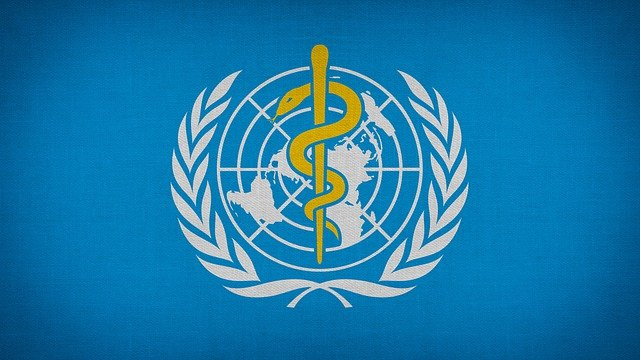Identification of new Coronavirus variants in the past few months triggered tension around the world and led some countries to take major actions. As the highly infectious variants begun infecting people in countries like the US, Japan, Canada, and Brazil, many expressed their concerns regarding vaccine efficacy.
So, will the available vaccines be effective on new variants? Possibly yes. The World Health Organization (WHO) said on Monday that current evidence showed that COVID-19 vaccines, including Pfizer-BioNTech and others, should be effective against the new variants from the UK and South Africa.

Dr. Rabindra Abeyasinghe, who is the WHO Representative to the Philippines, said: "They [the researchers] confirm that the Pfizer-BioNTech vaccine appears to give adequate protection against...the UK variant. The evidence now points to continued effectivity of the [Pfizer] vaccine."
According to the WHO official, multiple modes of immunogenicity in COVID-19 various vaccines would make the shots still effective against the variants.
A study by the University of Texas Medical Branch revealed that the Pfizer-BioNTech vaccine can target a key mutation that has emerged in new variants of Coronavirus. The study researchers focused on a mutation, N501Y, which emerged in both the variants from the UK and South Africa.
The scientists bated two forms of viruses—one with and one without the mutation—in blood samples taken from 20 vaccinated people. Their finding revealed that the immune system of those people is able to take out the new mutation.
New Coronavirus Variants
Recent reports claimed that the B117 Coronavirus variant, which emerged in the UK, has now spread to at least eight states in the US. Canada also reported the detection of variants from the UK and South Africa. The chief public health officer of Canada said the country has so far identified 14 cases of the strain found in the UK and one case of the strain found in South Africa.
Meanwhile, the National Institution of Infectious Disease in Japan said that the authorities have found a new strain of the virus in four flight passengers from Brazil. The NIID said in a statement that the variant found in those people are similar to those detected in the UK and South Africa.

However, WHO chief scientist Dr. Soumya Swaminathan raised concern over the South African variant. "Preliminary experiments have shown that monoclonal antibodies that were effective against SARS-CoV2 are less effective against the South Africa variant," she said last week.
She also added that WHO has decided to bring virologists and laboratory experts, virus evolution working group of the agency and developers of vaccines together on January 12 to outline important research questions related to viral variants.
"Genomic surveillance is a good approach to track virus evolution and along with clinical and epidemiologic data, can inform countries about the spread of the virus and implications for control measures, therapeutics and vaccines," she said.








